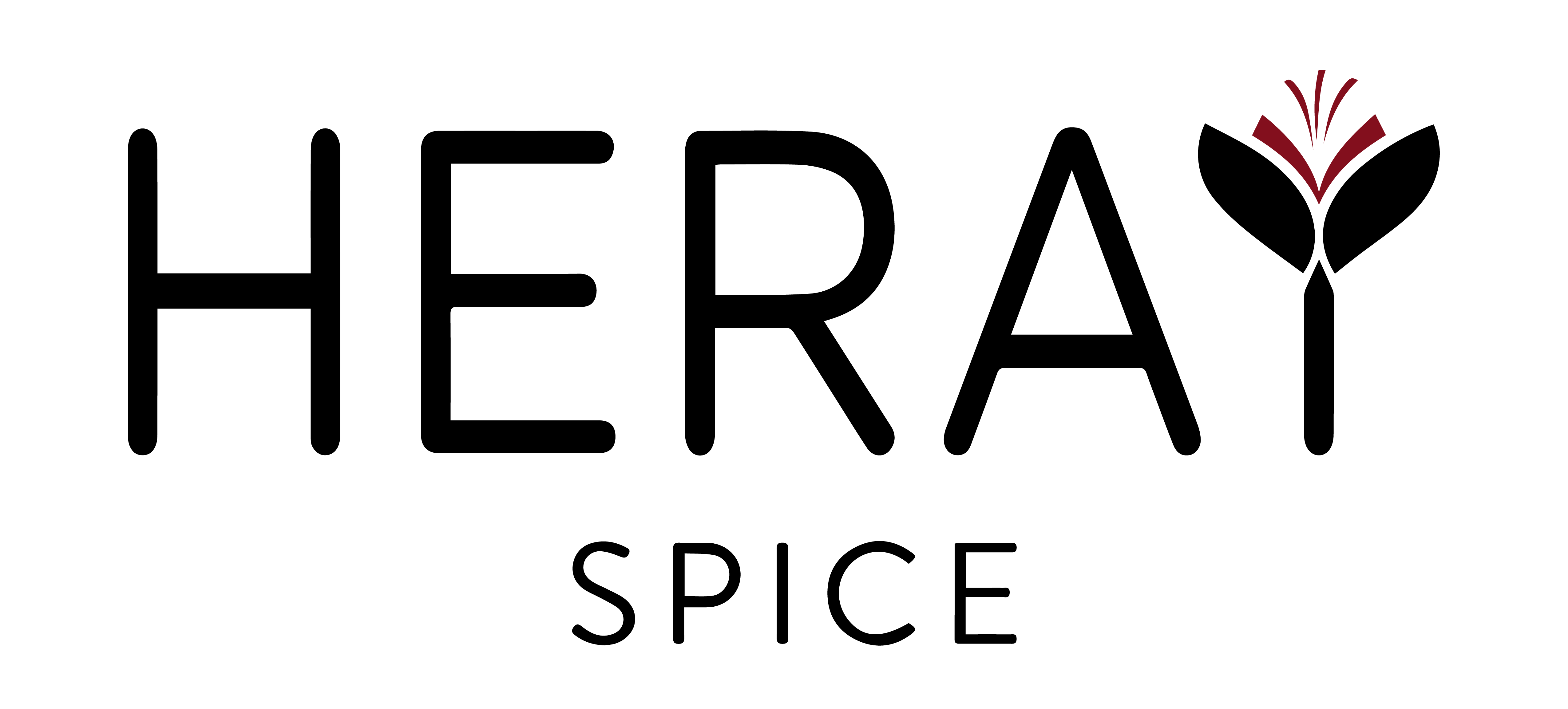A brighter, sweeter hibiscus. Our hibiscus blossoms are organically grown and Fair Trade certified from Egypt’s southeast city of Aswan, along the fertile banks of the Nile River. The region’s arid climate, endless sunshine, and loamy, mineral-rich soil give each bloom its vibrant scarlet color and deep, fruity flavor reminiscent of ripe tropical fruit.
Where Our Hibiscus Grows?
Egypt offers the perfect conditions for hibiscus cultivation. In Aswan, the warm semi-arid climate provides plenty of sunlight, while the Nile offers a sustainable source of irrigation. The soil here is sandy and loamy—rich in minerals yet quick to drain—ideal for nurturing this resilient plant. Once established, hibiscus is drought-resistant, needing just enough water during its flowering phase to yield full, flavorful calyces.
Harvest & Care
Our hibiscus flowers are hand-harvested between October and December, when the calyces (the ruby-red part of the flower we enjoy in tea) reach peak maturity. Each flower is picked with care, ensuring the highest quality and preserving its natural brightness.
From Seed to Cup: A Transparent Journey
We work with sourcing partners in Egypt who manage vertically integrated farms. This means they oversee every stage—from planting and harvesting to processing and export. This approach ensures full traceability of each shipment, so every cup of hibiscus tea can be traced back to its harvest. Transparency also guarantees that the flowers you enjoy are grown sustainably, organically, and under fair working conditions.
Sustainability in Bloom
Native to Africa, hibiscus is a naturally water-friendly shrub. Its short growing cycle allows farmers to rotate crops, protecting the health of the soil. Established plants thrive with minimal irrigation, making them ideal for Egypt’s dry corridors, where farmers balance cultivation with the preservation of local ecosystems. By supporting organic hibiscus farming, you’re helping communities maintain both their livelihoods and their environment.
Cultural Roots & Traditions
In Egypt, hibiscus is known as karkadeh, a beloved national drink served both hot and cold. It has been consumed since ancient times as a cooling refreshment during hot summers and is still sipped today at weddings, family gatherings, and festive celebrations. Beyond its refreshing flavor, karkadeh has long been valued in traditional medicine for its digestive benefits and its ability to help regulate blood pressure.
Hibiscus also carries a deeper story within the African diaspora. Its seeds traveled across oceans during the transatlantic slave trade, carried by enslaved Africans to the Caribbean and the Americas. Over centuries, hibiscus became rooted in Afro-Caribbean and African American traditions—its ruby-hued tea symbolizing resilience, nourishment, and cultural continuity. Today, hibiscus remains a cherished ingredient in celebrations of emancipation and Black foodways across the globe.
A Flower with Many Uses
Beyond tea, hibiscus calyces are used as natural food colorants and in herbal remedies. They lend a brilliant ruby hue to drinks and desserts, and are praised for their health-supporting properties. From Aswan’s sunlit fields to your kitchen, our hibiscus connects you to a tradition that is both ancient and alive today.





